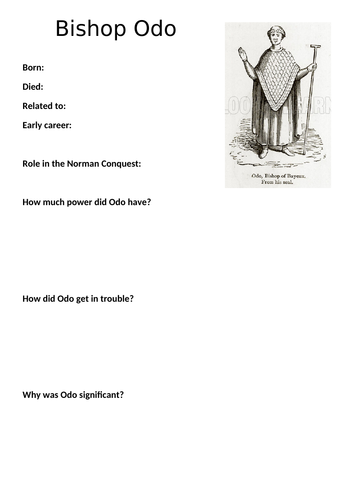Dani0704's Shop
I am an experienced History teacher, currently teaching Y7-13 and producing a range of lessons/resources for this age group. I am constantly adding new resources so please keep checking my shop. I have also been an Edexcel examiner for the 9-1 GCSE.






















